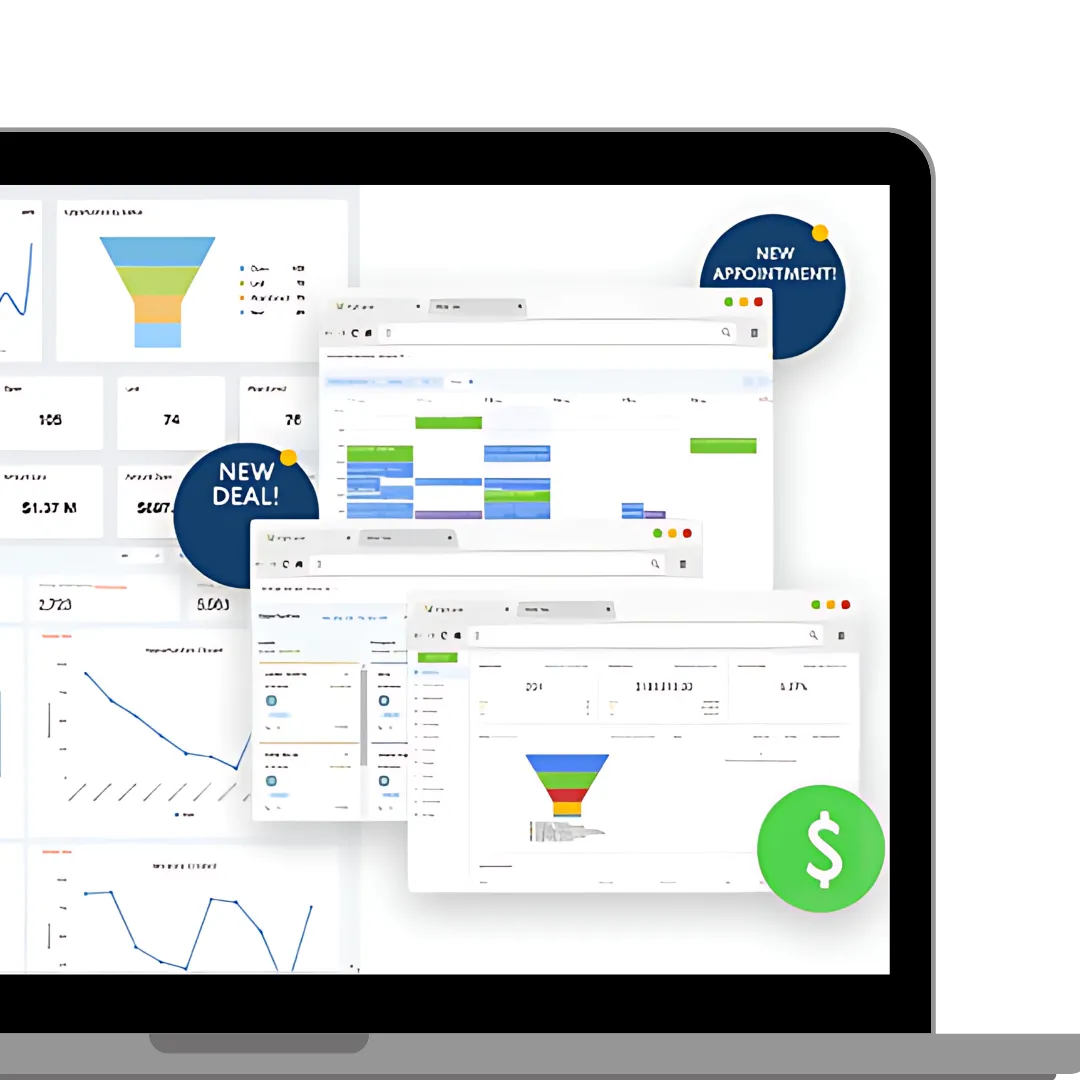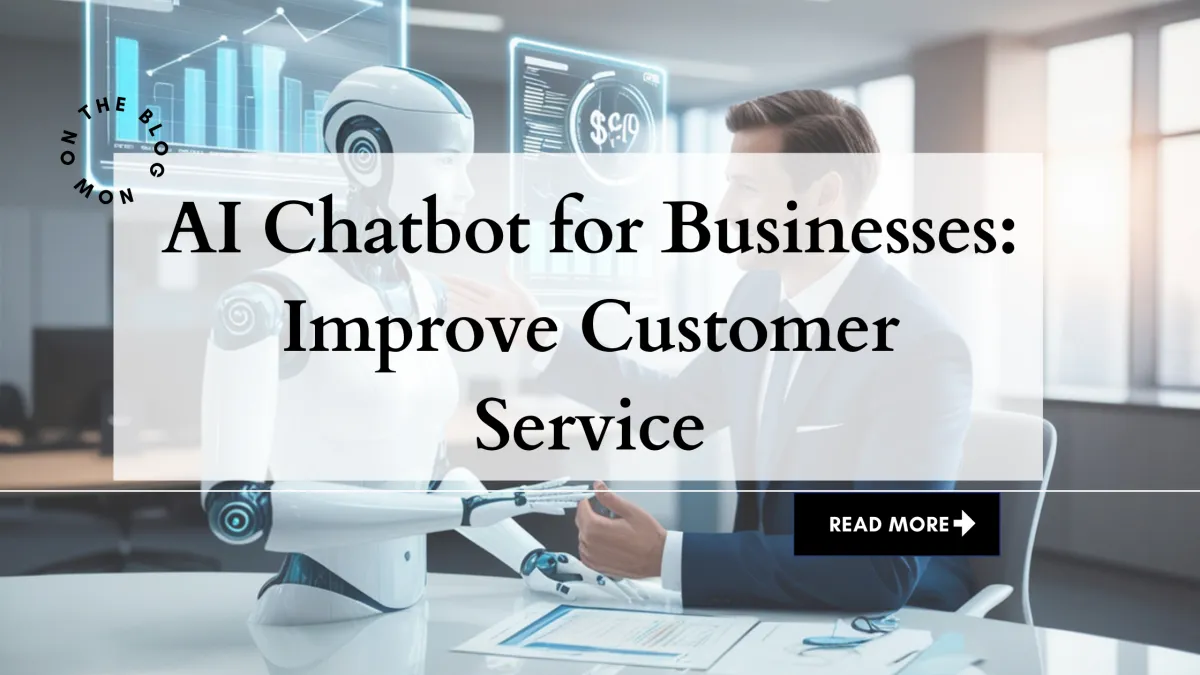
Proven Systems to Attract, Engage, and Convert Your Leads
Lead Magno helps businesses generate and nurture high-quality leads using a proven, automated system designed to boost conversions and maximize ROI.

Lead Magno Tech News
How AI Chatbots Can Transform Your Customer Service Experience?
Discover how AI chatbots improve customer service with 24/7 support, automation, and smarter lead generation for small and service-based businesses.
How AI is Shaping the Future of Lead Generation?
Explore how AI is transforming lead generation with smarter targeting, predictive insights, and automation for businesses large and small.
AI in CRM: How Artificial Intelligence Improves Customer Relationships?
Discover how AI-powered CRM improves lead quality, automates sales, and enhances customer relationships for small businesses using smart automation.
Use AI to Automate Your Content Creation and Save Time:
Learn how AI-powered content automation helps businesses save time, scale output, and improve visibility across search, social, and CRM-driven marketing.
© Copyright 2022. WeSolve Inc.. All rights reserved.











Facebook
Instagram
X
LinkedIn
Youtube
TikTok